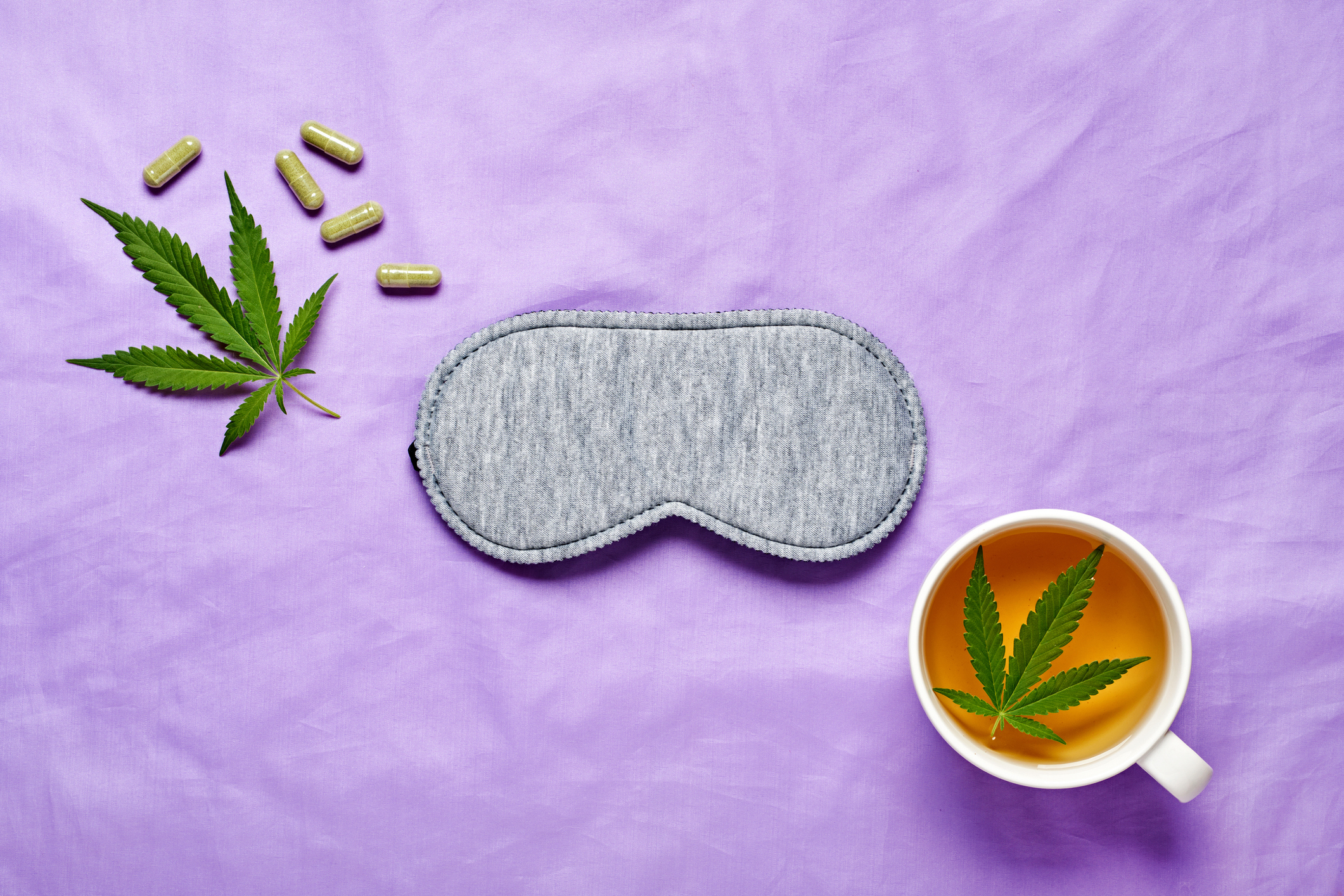In recent years, the talk about making cannabis legal has really picked up steam. People are starting to think differently about weed, whether it’s for medical reasons or just to chill out.
But there’s a lot to consider.
In this quick guide, we share what we know about the complexities of cannabis legalization.
Understanding Legalization: What Does It Entail?
When we talk about legalizing cannabis, we’re essentially talking about making it okay according to the law to grow, sell, have, and use weed.
This change can happen either in your local area or across the whole country, and it can cover using cannabis for medical reasons or just for fun.
Imagine you live in a place where cannabis is illegal. That means if you’re caught with it, you could get into serious trouble. But if the law changes and cannabis is legalized, suddenly it’s like a weight lifted off your shoulders. You can buy it from shops, grow it at home (maybe with some rules), and not worry about getting in trouble for having it.
Legalization often comes with regulations, like age restrictions or limits on how much you can have, to make sure things stay safe and under control.
So, it’s not just a free-for-all – there are still rules to follow.
What are the Key Components of Cannabis Legalization?
When it comes to talking about legalizing cannabis, there are a bunch of important things to think about.
First off, you’ve got regulations on how it’s grown, sold, and taxed. That means rules on where and how people can grow it, how it gets sold, and how much tax you slap on it.
Then there’s deciding how old you’ve got to be to buy it.
Quality control is another biggie. Making sure the stuff people are getting is safe and up to scratch.
And let’s not forget about licenses – giving the green light to folks who want to produce or sell it.
Basically, there’s a whole bunch of stuff to figure out before you can just sell cannabis.
How Have Medical Marijuana Laws Shaped the Legal Landscape?
Medical marijuana laws have been popping up in different places, making it easier for people to get access to cannabis for medical reasons.
These laws basically say it’s okay to use cannabis products to help with things like chronic pain, epilepsy, and feeling sick to your stomach.
They’re a big deal because they’re changing how people view cannabis and its uses.
It’s like a domino effect – one law leads to another, and before you know it, more places are legalizing cannabis for both medical and recreational use.
nderstanding how these laws came about and how they’re changing can give us a good idea of where things are heading with cannabis legalization and what it means for public health.
Keeping an eye on the journey of medical marijuana laws is pretty important if we want to figure out what’s next for cannabis and its role in medicine.
The Intersection of Cannabis Legalization and Public Health
The legalization of cannabis has a big impact on public health. It affects lots of different things, like drug use, mental health, and how people get healthcare.
When we talk about public health, we mean the health of everyone in a community.
One important thing to think about is how legalizing cannabis might affect drug use.
Some people worry that more people will start using cannabis if it’s legal.
Others think that making it legal might actually make people use it less because it’s not as forbidden.
Then there’s mental health. Some studies suggest that using cannabis can lead to mental health problems, especially in young people. But others argue that it’s not clear-cut and more research is needed.
Legalization also ties into healthcare access.
With cannabis legal, some people might find it easier to get medical help if they need it.
And when it comes to criminal justice, legalizing cannabis could mean fewer people getting in trouble with the law for using it.
Examining the Role of Drug Policy Research Centers
In the ever-changing world of drug policies, research hubs like universities and think tanks are super important. They do lots of studies to help people in charge make smart decisions based on facts, not guesses.
Take cannabis, for example. These research centres dive deep into how legalising it affects public health. They dig into stuff like how it impacts things like addiction rates and mental health.
Then they share all their findings with the big decision-makers so they can make rules that work well for everyone.
It’s like they’re shining a big torch in the dark, helping policymakers see what’s really going on so they can steer things in the right direction.
Without these research hubs, it’d be like driving blindfolded – you wouldn’t know where you’re going or what obstacles you might hit.
What Role Do Drug Policy Research Centers Play?
Drug policy research centers do a variety of things.
They’re not just sitting around and reading reports all day. They’re diving into policy analysis, digging into epidemiological studies, and getting involved with the community.
Imagine this: they’re chatting with politicians, doctors, and folks from the community, all to make sure everyone’s on the same page. They’re like the middlemen between what researchers find out and what actually happens in the real world.
They’re sitting down with a bunch of policymakers, explaining all the nitty-gritty details of their research findings. Then they’re off to a local health clinic, discussing how their work can help improve services for people struggling with drug issues.
They also take community meetings, where they’re listening to what people have to say and figuring out how research can make a real difference in folks’ lives.
How Can Research Inform Policy Development?
Drug policy centers do a lot of digging into how laws about drugs work. They help figure out if rules we already have are doing what they should.
They also keep an eye on what’s new and what’s working well in other places.
When they study how well policies are doing, they can suggest ways to make them better. This helps make laws about drugs better over time.
It’s like fine-tuning a radio station to get the clearest signal. By looking closely at what’s happening with drugs and laws, these researchers help make sure we’re on the right track and making the best choices for everyone’s safety and well-being.
Key Takeaways:
- Cannabis legalization covers both medical and recreational use, and it affects how people use substances and their health.
- Knowing about drug policy research centers can really help you make informed decisions and create better drug policies.
- Dealing with substance use issues, supporting harm reduction, and figuring out how to handle cannabis use are all important things to think about.
As we’re all figuring out the whole deal with cannabis becoming legal, it’s super important to really get what it means for everyone’s health. We gotta look at how cannabis rules, how people use it, and how it affects our health. This way, we can come up with smart plans to handle any bad stuff and make the most of the good bits from legalizing it. Keep checking out what research says, working together, and making choices based on what we know works. That way, we can deal with all the changes coming our way and make sure we’re doing it right.




